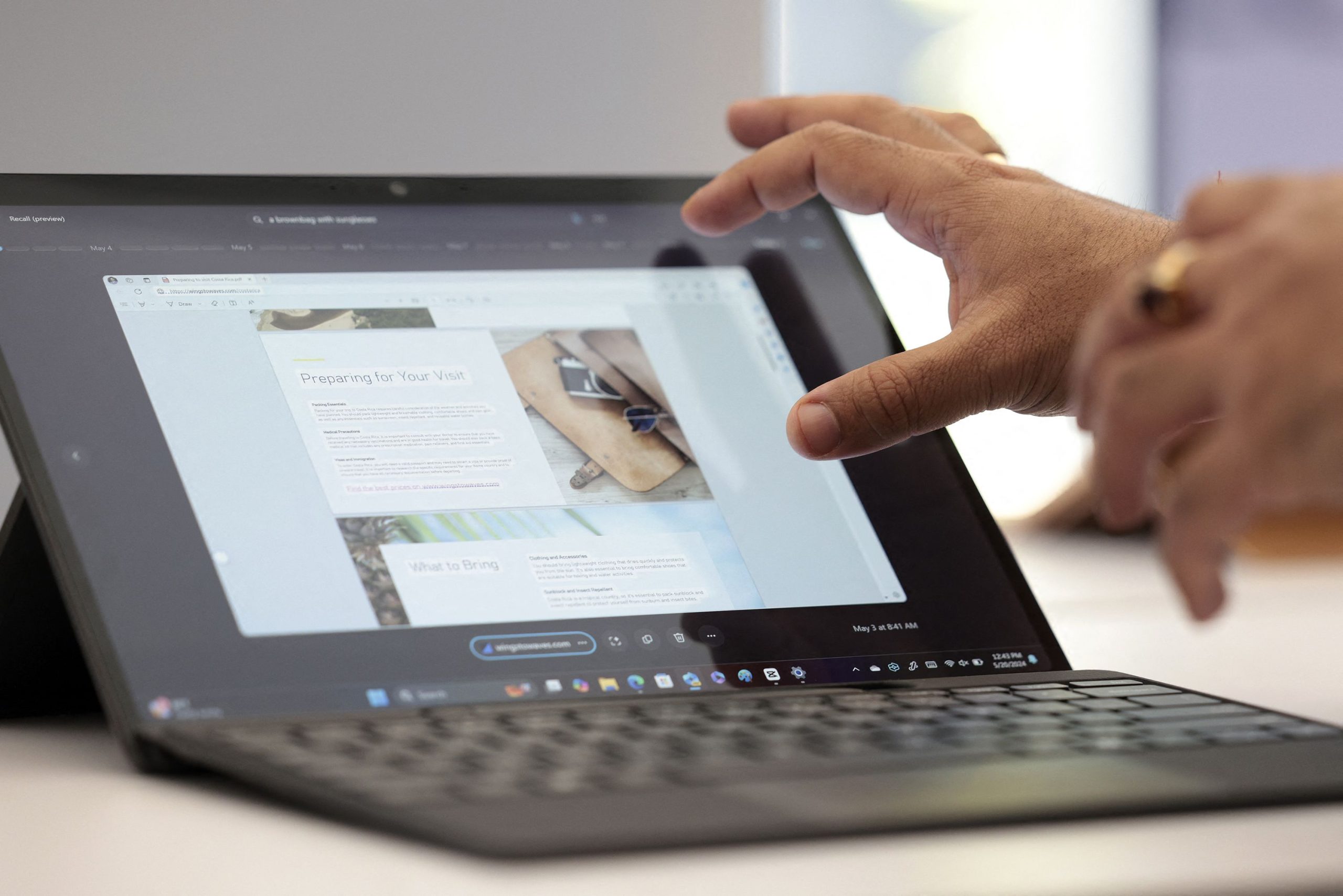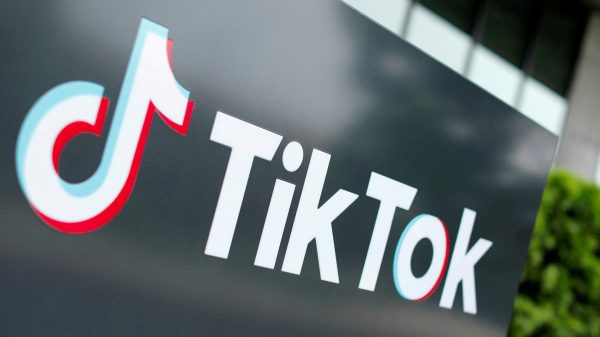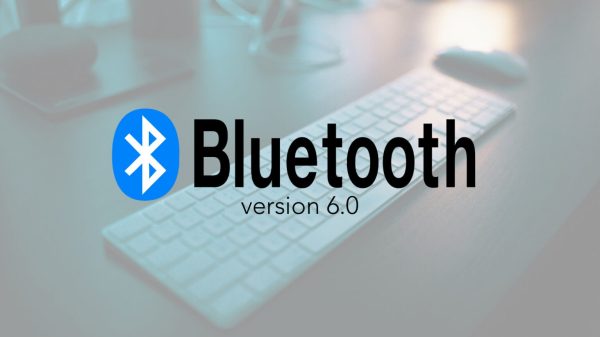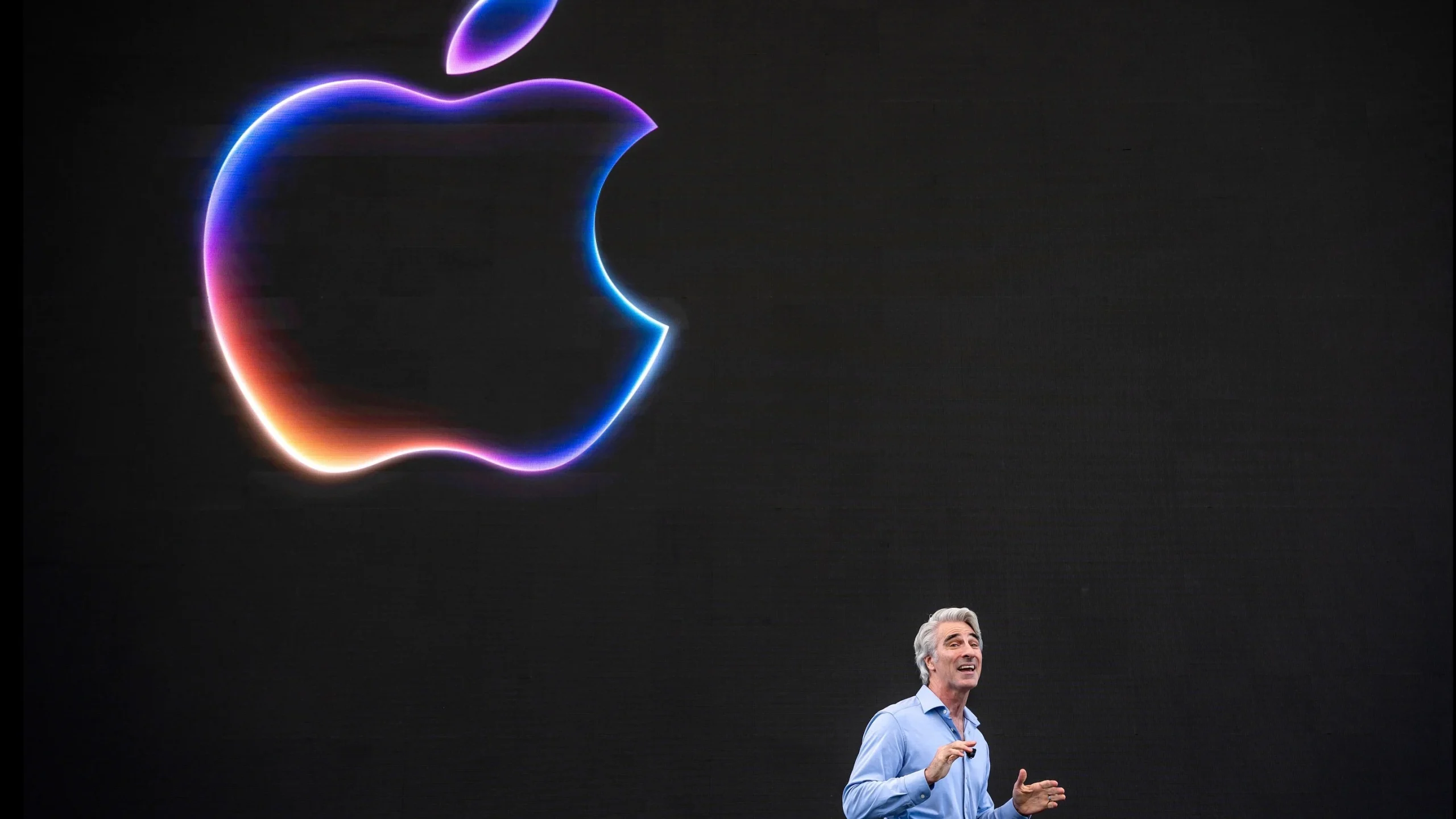Microsoft’s introduction of the Recall feature has stirred significant concern over user privacy, as it was perceived by many as a form of surveillance. This negative reaction has created a heightened sensitivity towards features similar to those of other tech companies.
In light of this, Apple’s recent announcement of its own feature, “semantic search,” at the Glowtime event is generating considerable interest. Given the backdrop of Microsoft’s Recall controversy, there is speculation about whether Apple’s new feature will face comparable scrutiny.
During Apple’s Glowtime event, the company revealed the semantic search feature alongside its latest products, including the iPhone 16, Apple Watch, and AirPods. Greg Jozwiak, Apple’s senior vice president of worldwide marketing, briefly described how Siri would use a personal semantic index to help users quickly find important information stored on their devices.
This feature is designed to sift through data across various apps, aiming to address the same problem as Microsoft’s Recall—locating hard-to-find details.

Apple’s Semantic Search Faces Privacy Scrutiny Amid Backlash Over Microsoft’s Recall Feature
However, Apple provided little information about the specifics of how semantic search would operate. Jozwiak did not clarify which apps would be compatible with the feature, the extent of the search history it could access, or the technical details behind it. This vagueness leaves room for comparison with Microsoft’s Recall, which had similar objectives but faced privacy concerns that might now influence perceptions of Apple’s feature.
Apple’s approach to data privacy is centered around keeping information stored locally on the device rather than in the cloud. This strategy contrasts with Microsoft’s approach and has been a key factor in fostering consumer trust. Despite Microsoft’s claims of safeguarding data on the device, it struggled with a lack of trust and additional concerns like ad integration in Windows, which amplified skepticism towards its Recall feature.
In essence, the reception of Apple’s semantic search will likely be shaped by the broader context of user trust and past experiences with similar technologies. Apple’s strong stance on privacy and its established reputation may help it avoid the backlash Microsoft faced. The ongoing comparison between the two companies highlights the critical role of consumer trust in the acceptance and success of new digital features.









































